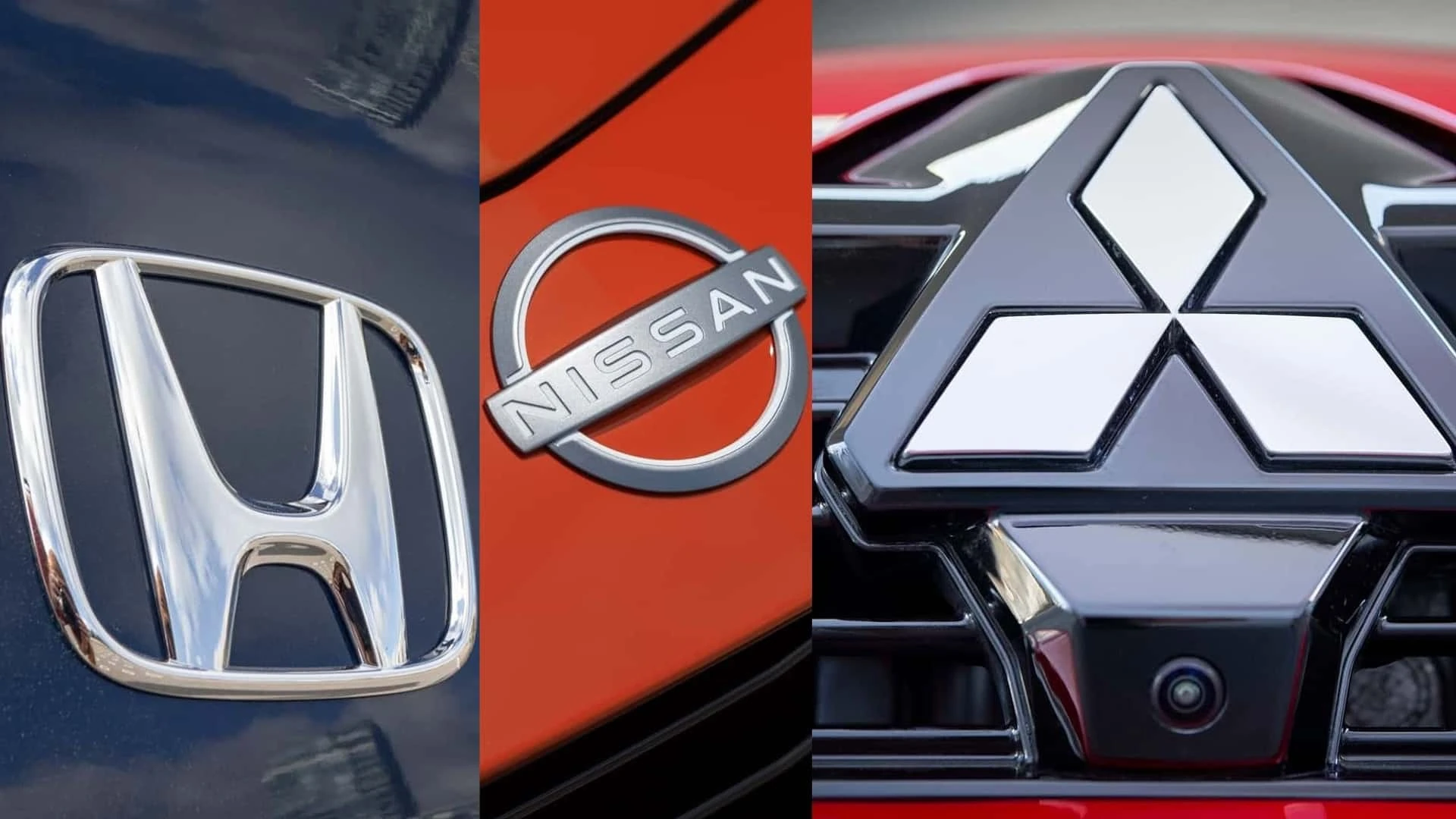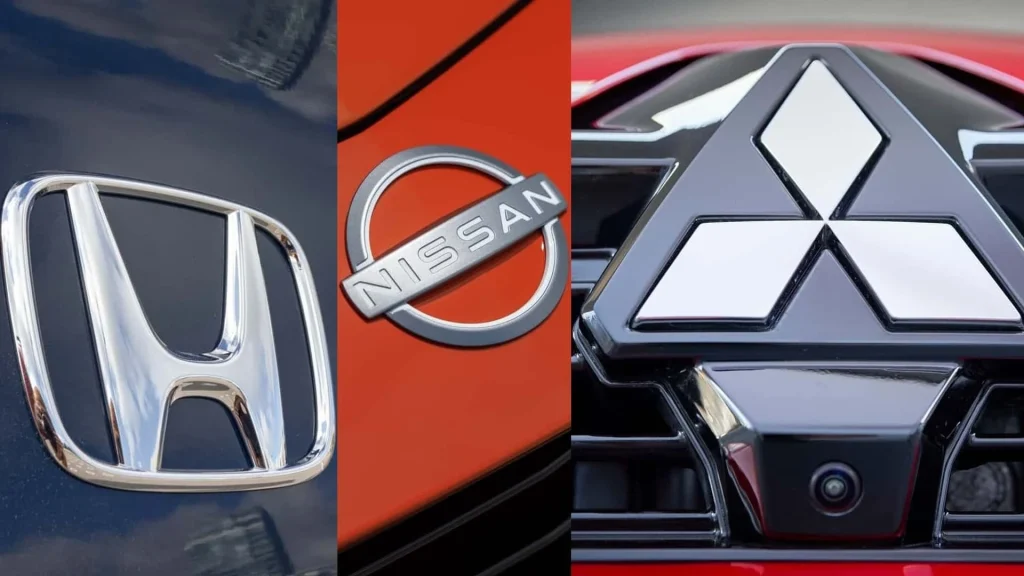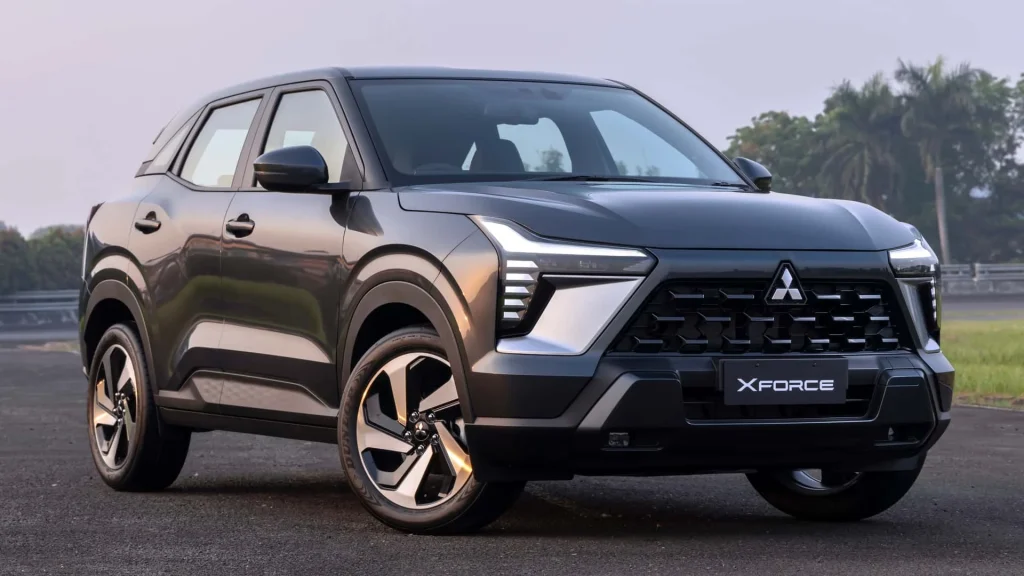Mitsubishi Motors is taking a significant step by joining the already established alliance between Honda and Nissan, focusing on electric vehicles (EVs) and Artificial Intelligence technologies. This collaboration represents a new phase for the Japanese automotive industry, which faces increasing challenges in a rapidly evolving market. The move is part of a broader strategy to compete with electric vehicle manufacturers from other countries, especially China, which has been leading innovation in this segment.
Mitsubishi’s entry into the alliance is a clear indication of the need for collaboration among automakers to accelerate the development of technologies that are essential for the transition to electrification. The partnership will have a significant impact on the creation of software platforms and advancements in battery technologies, which are crucial for producing efficient and affordable electric vehicles. With Mitsubishi on board, the alliance strengthens, uniting three major names in the Japanese automotive industry and enhancing their sales and innovation capabilities.
The idea of joining forces among the three brands is a direct response to the current competitive landscape. With a 34% stake of Nissan in Mitsubishi, the alliance seems not only logical but necessary. It is expected that the collaboration will lead to a reduction in development and production costs, allowing the companies involved to achieve a stronger position in the electrification market. As the demand for electric vehicles grows, this partnership could be key to a more sustainable future for Mitsubishi, Honda, and Nissan.
Mitsubishi Motors joins the Honda-Nissan alliance for EVs
The decision of Mitsubishi Motors to join the alliance between Honda and Nissan marks a crucial moment for the Japanese automotive industry. Mitsubishi, which is already facing challenges to remain competitive, sees the partnership as an opportunity to innovate and adapt to market demands. The focus on electric vehicles is a direct response to the increasing global competition, especially from Chinese manufacturers who have been heavily investing in this sector.
The alliance will allow the three automakers to share knowledge and resources, which is vital for the development of new technologies. With Mitsubishi joining the group, the companies will be able to work together on creating software platforms and enhancing battery technologies. This will not only diversify the range of products offered but also potentially increase the efficiency of production processes, a critical factor in the era of EVs.
Moreover, the unification of Mitsubishi, Honda, and Nissan’s strengths may result in a significant increase in global sales. With combined sales of approximately 8.35 million vehicles, the alliance positions itself as a powerful force in the global market. The collaboration proves to be not only strategic but essential for the future of the Japanese automakers, who seek to reinvent themselves and face the challenges posed by electrification.
Strategic partnership aims to advance electric technology and AI
The partnership between Mitsubishi, Honda, and Nissan is not just about joining forces; it is a well-thought-out strategy to advance in electric technologies and Artificial Intelligence. The collaboration will allow the companies to develop innovative solutions that not only meet current consumer needs but also anticipate future market demands. This includes the development of smarter and more connected vehicles, which are increasingly expected by users.
Artificial Intelligence will play a crucial role in this process, especially in optimizing production and enhancing user experience. The alliance will provide a platform to innovate in integrating AI into vehicles, enabling functions ranging from autonomous driving to more advanced infotainment systems. The combination of resources and expertise from the three automakers could accelerate the pace of technological innovations, making them leaders in a rapidly evolving market.
It is important to emphasize that this strategy is not just a response to competitive pressures. It also represents a commitment towards a more sustainable future. The alliance between Mitsubishi, Honda, and Nissan can significantly contribute to reducing carbon emissions, thus aligning with global sustainability goals. In this way, the unification of the three brands not only reinforces their positions in the market but also promotes a positive change in the automotive industry as a whole.
The joining of Mitsubishi Motors to the Honda-Nissan alliance represents a significant step for the Japanese automotive industry, which seeks not only to catch up but also to stand out in a market dominated by technological innovations and the growing demand for electric vehicles. The collaboration between these automotive powerhouses could be the key to a more promising and sustainable future, highlighting the importance of a joint strategy in times of transformation.
Author: Fabio Isidoro
Founder and editor-in-chief of Canal Carro, he dedicates himself to exploring the automotive universe with depth and passion. A car and technology enthusiast, he produces technical content and in-depth analyses of national and international vehicles, combining quality information with a critical eye for the public.



